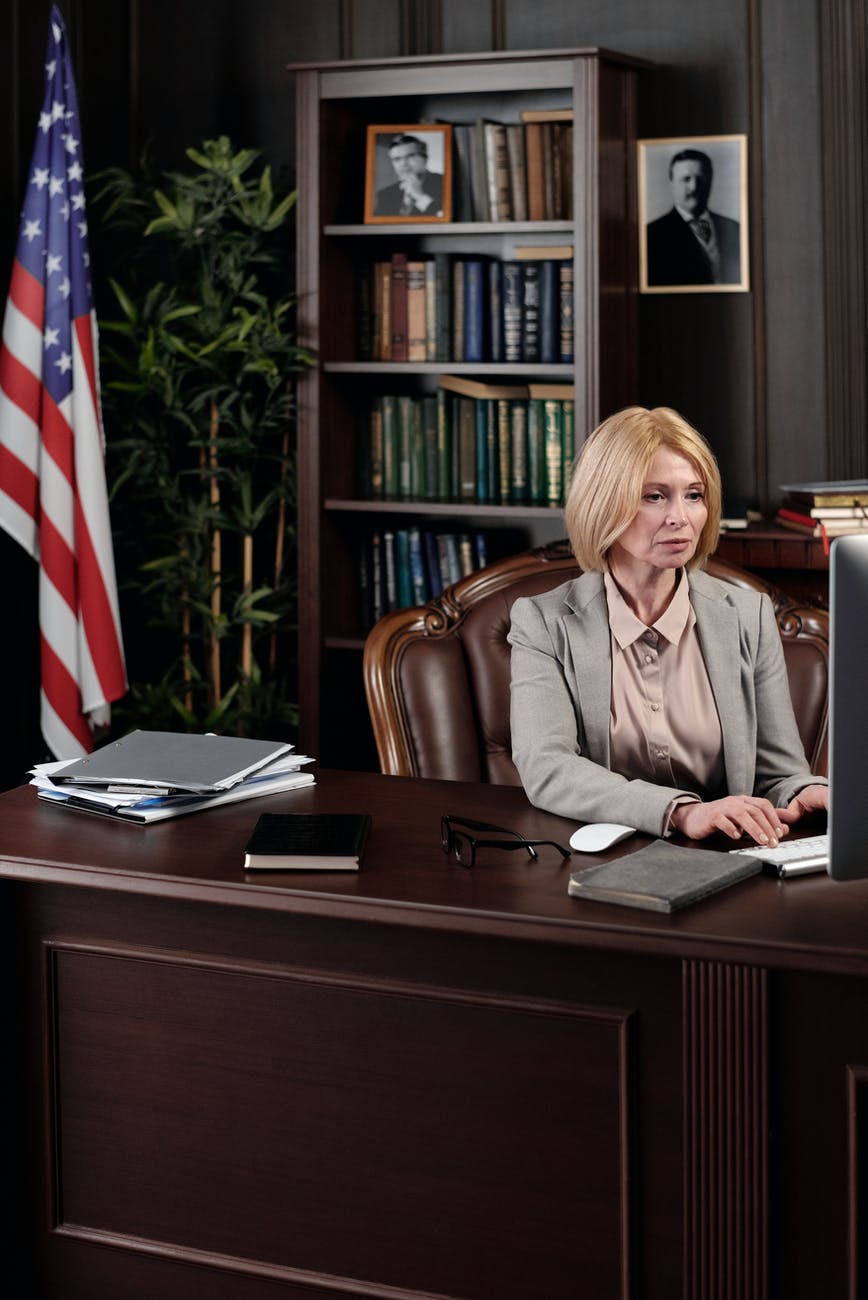Mental Health
Flattering Salespeople Trigger Negative Reactions in Consumers
People have negative reactions to flattery by salespeople, and this is true even if they think the compliments are sincere. However new research reveals that disliking a salesperson doesn't mean a customer won't buy something from the store.
"Imagine overhearing a conversation in which a salesperson profusely compliments a nearby customer on the elegance of her outfit," write authors Elaine Chan of Tilburg University and Jaideep Sengupta of Hong Kong University of Science and Technology. However, the customer has already paid for her purchase, and looks elegant, so people will assume that the compliment is sincere.
Researchers conducted four experiments in clothing stores to assess consumers' reactions to salespeople's flattery. Each participant overheard salespeople making flattering comments about other customers' sense of style. Afterwards, they were asked various questions about their opinions of the salespeople.
"We found robust evidence that observers form both positive and negative reactions towards a purveyor of sincere flattery," researchers wrote.. When participants had time to form thoughtful, deliberate responses they generally had positive opinions of the flatterers. However, gut reactions to flattery were far more negative.
"These implicit reactions towards seemingly sincere flattery are as negative as when the observer has good reason to believe that flattery is actually insincere," researchers wrote.
Researchers found that exposure to someone else being flattered causes people to compare themselves to the person getting the compliment, which can lead to feelings of envy. Another experiment revealed that participants experienced more envy when the target of flattery was a peer or a student from the same school.
The findings also revealed that consumers who were motivated by envy picked an expensive, stylish pair of jeans over a cheaper, standard pair.
"Over time, envy-based hostility towards the salesperson is no longer a part of the purchase decision; instead, this decision is influenced primarily by the wish to reduce envy-by appearing stylish oneself," researchers concluded.
The findings are published in the Journal of Consumer Research.









Join the Conversation